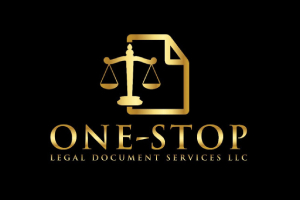The Fair Credit Reporting Act (FCRA)
The Fair Credit Reporting Act (FCRA) is a federal law that regulates the collection, dissemination, and use of consumer credit information. The FCRA provides consumers with the right to obtain a copy of their credit report from a credit reporting agency, the right to dispute inaccuracies on their credit report, and affords them various other protections. In this blog post, we will explore how FCRA proceedings work.
FCRA proceedings generally begin when a consumer believes that a credit reporting agency or a creditor has violated their rights under the law. The consumer will typically file a lawsuit against the credit reporting agency or creditor, alleging a violation of the FCRA. If the consumer can prove that their rights were violated, they may be entitled to various remedies under the law, including damages, injunctive relief, or both.
To prove a violation of the FCRA, the consumer must typically show that the credit reporting agency or creditor failed to comply with one or more of the law’s requirements. For example, if the credit reporting agency failed to properly investigate a dispute that the consumer filed about an item on their credit report, this may be a violation of the FCRA. Similarly, if a creditor reported inaccurate information to a credit reporting agency, this may also be a violation of the FCRA.
Several authorities provide guidance on how FCRA proceedings work. The Consumer Financial Protection Bureau (CFPB) is responsible for enforcing the FCRA and other federal consumer protection laws. The CFPB has published guidance on how to dispute inaccuracies on a credit report, how to understand credit scores, and how to protect yourself from identity theft.
Courts are also an important authority in FCRA proceedings. Courts have the power to interpret the FCRA’s requirements and to award remedies to consumers who have been harmed by a credit reporting agency or creditor’s failure to comply with the law. For example, in the case of Gorman v. Wolpoff & Abramson, LLP, the court found that the defendant violated the FCRA by continuing to report a debt on the plaintiff’s credit report after it was discharged in bankruptcy. The court awarded the plaintiff damages for emotional distress, as well as attorney’s fees.
In conclusion, FCRA proceedings provide an important means for consumers to seek redress when they believe that a credit reporting agency or creditor has violated their rights under the law. The CFPB and courts provide guidance and interpretation of the FCRA’s requirements, which can be helpful for consumers in pursuing FCRA claims. It is important for consumers to understand their rights under the FCRA and to seek legal counsel if they believe that they have been the victim of a credit reporting agency or creditor’s illegal actions.


